Venturing into Space Science, a case of Zambia
- 1Copperbelt University, School of Mathematics and Natural Sciences, Department of Physics, P.O Box 21692, Kitwe, Zambia
- 2University of Zambia, Lusaka
- 3Kwame Nkrumah University, Kabwe
- 4National Remote Sensing Centre, Zambia
- 5National Space Science Programme Technical Steering Committee (NSSPTSC), Ministry of Technology and Science, Zambia
The peaceful uses of outer space has, since many years back, provided a powerful tool for furthering the well-being of humanity and the earth’s environment. Modern space applications are fundamental tools for achieving the United Nations Global Sustainable Development Goals. It is therefore justifiable that a land-linked country Zambia should, as a matter of principle, begin to put resources together to develop her capabilities in space science and technology, build capacity and apply the technology for social and economic development of her people. In this paper we discuss the steps taken by the Zambian Government to roll out a space programme. On parallel sides, public universities, namely the University of Zambia, the Copperbelt University, Kwame Nkrumah University and Mulungushi University have started developing study programmes that will produce the required human resource for this robust programme.
How to cite: Simpemba, P. C., Ng'andu, A., Sibanda, P., Banda, F., and Nambala, F. J.: Venturing into Space Science, a case of Zambia, Europlanet Science Congress 2022, Granada, Spain, 18–23 Sep 2022, EPSC2022-1185, https://doi.org/10.5194/epsc2022-1185, 2022.

